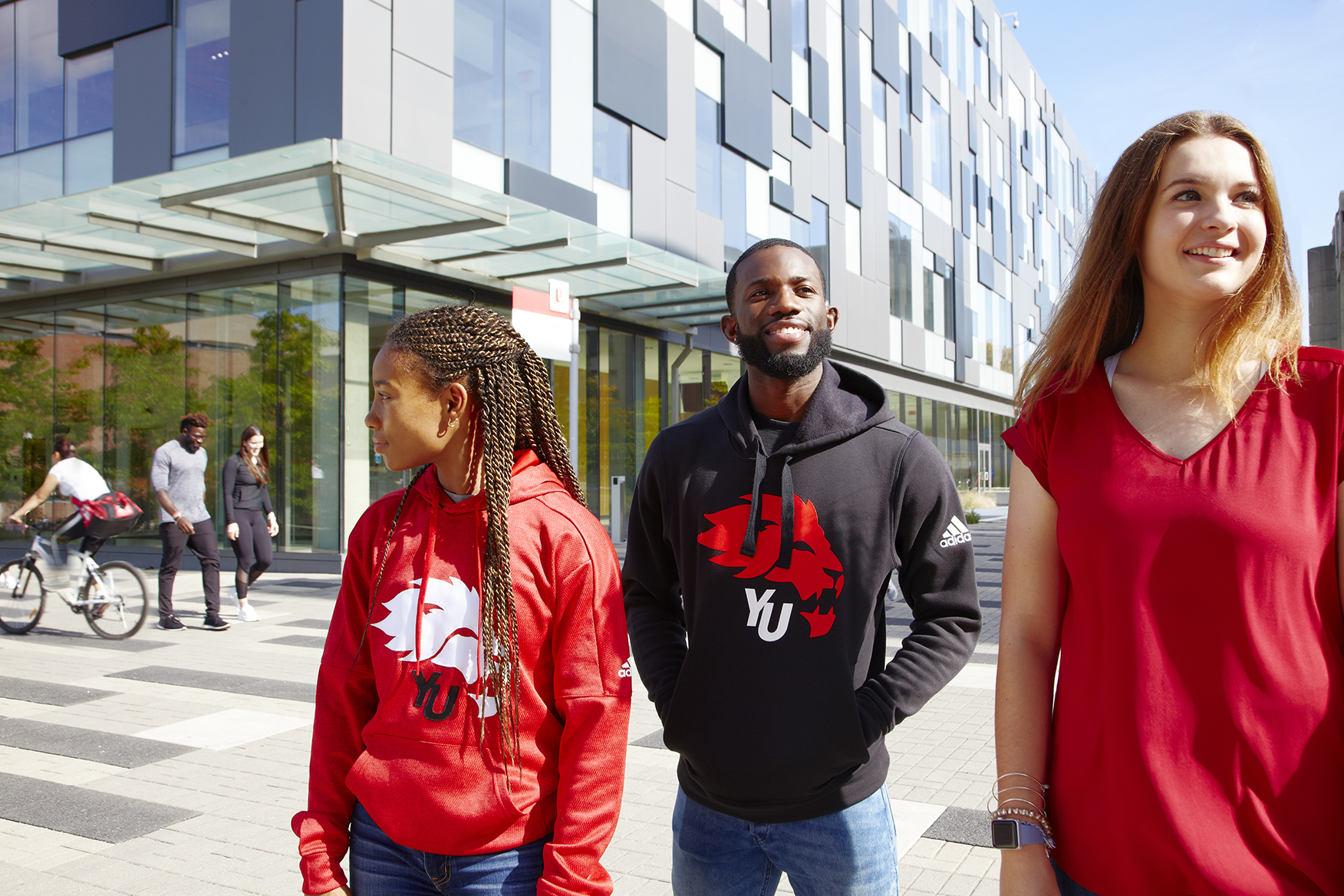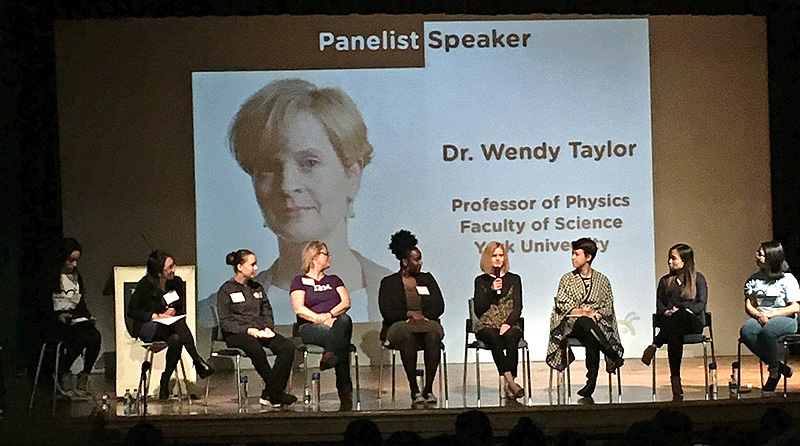I'm passionate about Equity, Diversity and Inclusion in STEM (Science, Technology, Engineering and Math).
What is EDI?
Equity, Diversity and Inclusion (abbreviated as EDI or sometimes DEI) are interrelated concepts.
Equity: When we have achieved equity, everyone has equal access to opportunities. To do so, we must first recognize that advantages and barriers exist; that is, we don't all start from the same place. For example, studies have shown that in blind evaluations, where all other information available to the evaluators is identical, evaluators tend to discriminate against those with foreign or female names. So those individuals are at an inherent disadvantage.
Diversity: When we have achieved diversity, differences are represented within a given setting. In the context of EDI, we are referring to a diversity of identities, which might include differences in race, gender, sexual orientation, and religion. For example, STEM has traditionally lacked diversity as it was viewed as the domain of white men.
Inclusion: When we have achieved inclusion, people with different identities feel welcomed. Inclusion doesn't just happen automatically within a diverse community. It requires attention to the experience of all team members.
You may find this article helpful in understanding these concepts.
Why Does EDI Matter?
We strive to achieve EDI because it's important to be fair. What's more, mitigating inequities in the field of science enhances diversity, and a diverse community, whose members are all valued and welcomed, leads to better science.

How I Support EDI
I am proud of my long history of supporting diversity in STEM.
- As a professor at York University, I have been the Chair (and founding member) of the departmental Diversity Committee and the faculty advisor for the York Diversity in Physics Student Association (DIPSA).
- I wrote a Feature Article titled "Best Practices for Organizing an Inclusive Event or Conference" for the CAP Physics in Canada magazine
- I was honoured to be the opening speaker in the Women in Physics (WIPC/FECP) 2019 conference for graduate students.
- In 2017, with the support of DIPSA, the Lassonde School of Engineering and the Faculty of Graduate Studies, I organized a series of imposter syndrome workshops at York, with Valerie Young, author of "The Secret Thoughts of Successful Women (Random House)" as the speaker.
- I was a panel member of the Women in Physics event at the 2015 CAP Congress.
- As a post-doc at Fermilab, I represented my colleagues as an elected member of the Fermilab Users Executive Committee.
- As a graduate student at the University of Toronto, I was elected Chair of the Canadian Association of Physicists (CAP) Committee to Encourage Women in Physics (recently renamed the Division for Gender Equity in Physics).
- As a graduate student at the University of Toronto, I was a member of the departmental Gender Issues Committee and participated in a graduate-student mentoring program for undergraduate women in physics.
Because I believe strongly in the importance of representation, I enthusiastically participate in community outreach. Talking to young people about being a woman in science can make such a positive difference to their viewpoints and their expectations in life. One of my favourite events was the Toronto District School Board Metamorphosis Girls STEM Conference in 2017, where I was a member of a panel of truly inspiring women.


